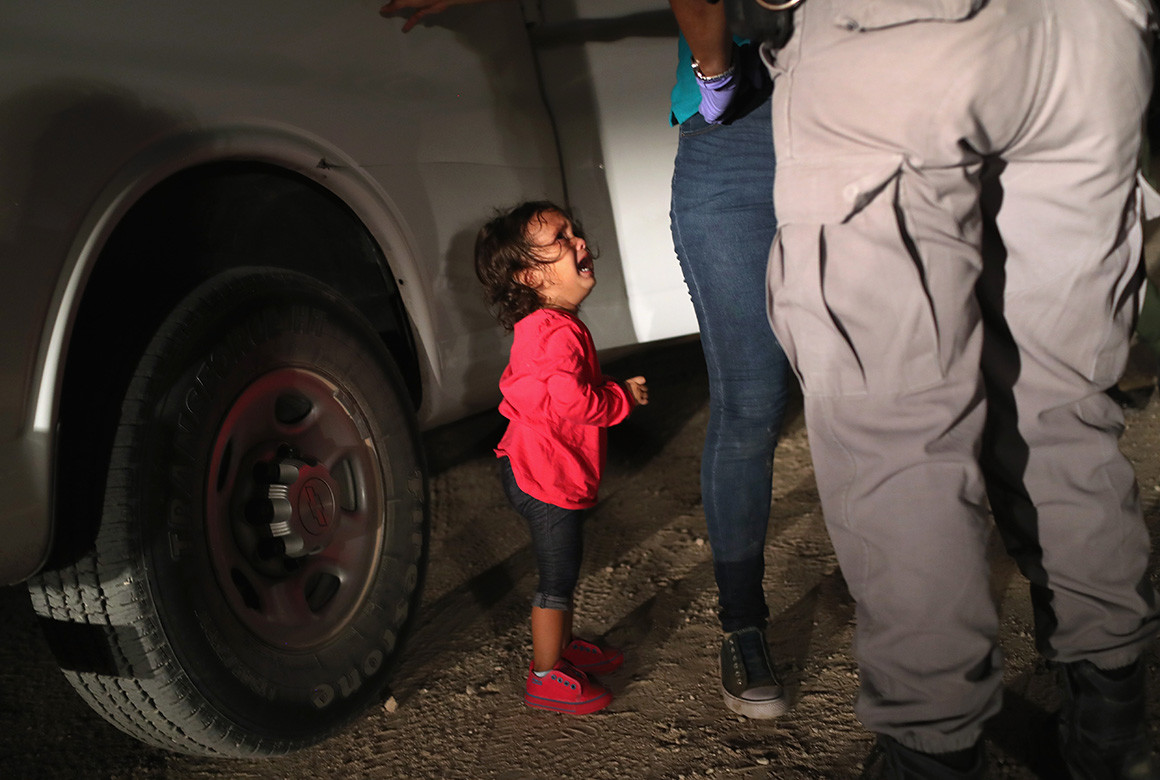MENTAL HEALTH MATTERS
Our School Readiness Action Plan (SRAP) provides a strategic and data-driven roadmap to making sure our community, parents, caregivers and educators are ready and prepared to support the mental and physical health and development of our children.
Our SRAP goals include ensuring that all children receive early and regular developmental screenings, have access to basic needs and mental health services as well as increasing the number of family-serving agencies that are trauma-informed.
Ninety percent of the brain develops by age five and a child’s mental health is the most important aspect of their social and cognitive development. Research shows that the earliest years of life can set the stage for lifelong mental health outcomes.
“Early childhood trauma has been associated with reduced size of the brain cortex. This area of the brain is responsible for many complex functions including memory, attention, perceptual awareness, thinking, language and consciousness. These events may affect IQ and the ability to regulate emotions, and the child may become more fearful.”
National Alliance on Mental Illness research shows that early intervention and treatment can minimize and prevent the loss of critical developmental delays. The more the community is prepared to identify, evaluate and, if necessary, treat the mental health of our children, the less we have to spend on healthcare, involve the juvenile and criminal justice system and fight to keep children from dropping out of school.
WHAT IT MEANS FOR MIGRANT CHILDREN
TOXIC STRESS
Doctors Concerned About ‘Irreparable Harm’ To Separated Migrant Child, an article written by NPR, cites toxic stress as the biggest concern of pediatricians and immigrant advocates when it comes to the thousands of children being separated from their parents at the border.
“Toxic stress disrupts a child’s brain development and increases the levels of fight-or-flight hormones in their bodies,” Colleen Kraft president of the American Academy of Pediatrics said. “This kind of emotional trauma could eventually lead to health problems, such as heart disease and substance abuse disorders.”
What does toxic stress mean for these children in the future?
MENTAL HEALTH CRISIS
The American Psychological Association wrote an open letter citing risk for mental health crisis for both children and parents separated at the border.
“Sudden and unexpected family separation, such as separating families at the border, can add to that stress, leading to emotional trauma in children,” it said. “Research also suggests that the longer that parents and children are separated, the greater the reported symptoms of anxiety and depression are for children.”
LONG-TERM HEALTH RISKS
Intense trauma at such a young age often leads to substance abuse and addictive behavior later in life. These children are facing huge developmental delays provoked by a lack of safety and health provisions.
“Decades of public health research has shown that family structure, stability and environment are key social determinants of a child’s and the communities health.”
-American Public Health Association
WHAT NOW?
These children are not being invested in – and the lack of investment will have adverse effects on the children, their families, the workforce and the entire community. Investments in high-quality early childhood reduce later costs for intervention, special education and even criminal justice that can be average between $4 – $9 per child.
When we, as a community, fail to invest in the health and well-being of children when they are the most vulnerable, we will all suffer the consequences.
These children are less likely to be school ready, and more likely to struggle in school due to developmental delays, putting them at high risk to miss third-grade reading benchmarks that are highly predictive of high school graduation and career readiness.
With all of these adverse impacts, our society is looking at a long, and costly road all because we failed to protect and support thousands of children.
At United Way for Greater Austin, we care for immediate needs, confront stubborn challenges and convene our community’s resources for positive change. We fight to end poverty for everyone in our community, not just for those who look like us or grew up in our neighborhood.
Join us in raising your voice and taking care of basic needs, confront the obstacles of poverty and convene a larger impact to support and serve those looking for better opportunities.
Photo By: John Moore/Getty Images
A 2-year-old cries as her mother, a Honduran asylum seeker, is searched and detained near the border on June 12 in McAllen, Texas.
| United Way World Wide Holding Statement
United Way is deeply concerned about the separation of young immigrant children from their parents. It is hard to imagine a more vulnerable person than a child who may be fleeing violence and oppression in their home country. It is unconscionable to further victimize such a child by taking them from their parents. That is simply not who we are as a nation. United Way is a non-partisan, non-political organization and believes that Americans must work together to find an immediate solution to this urgent matter. |
